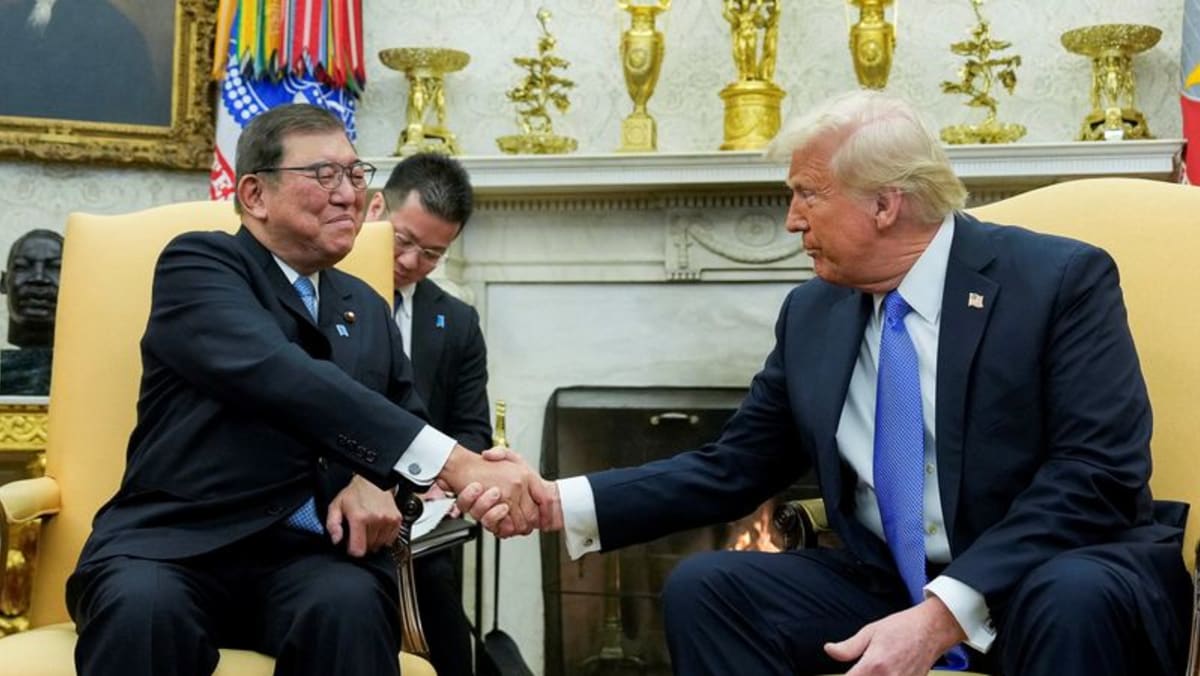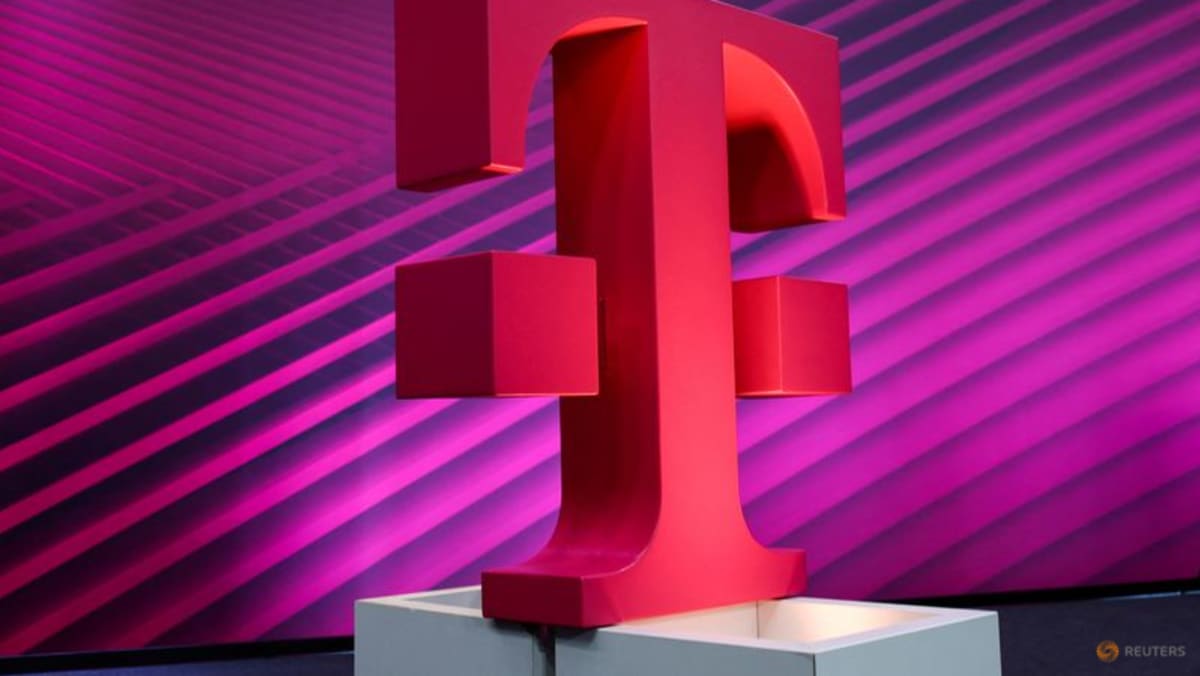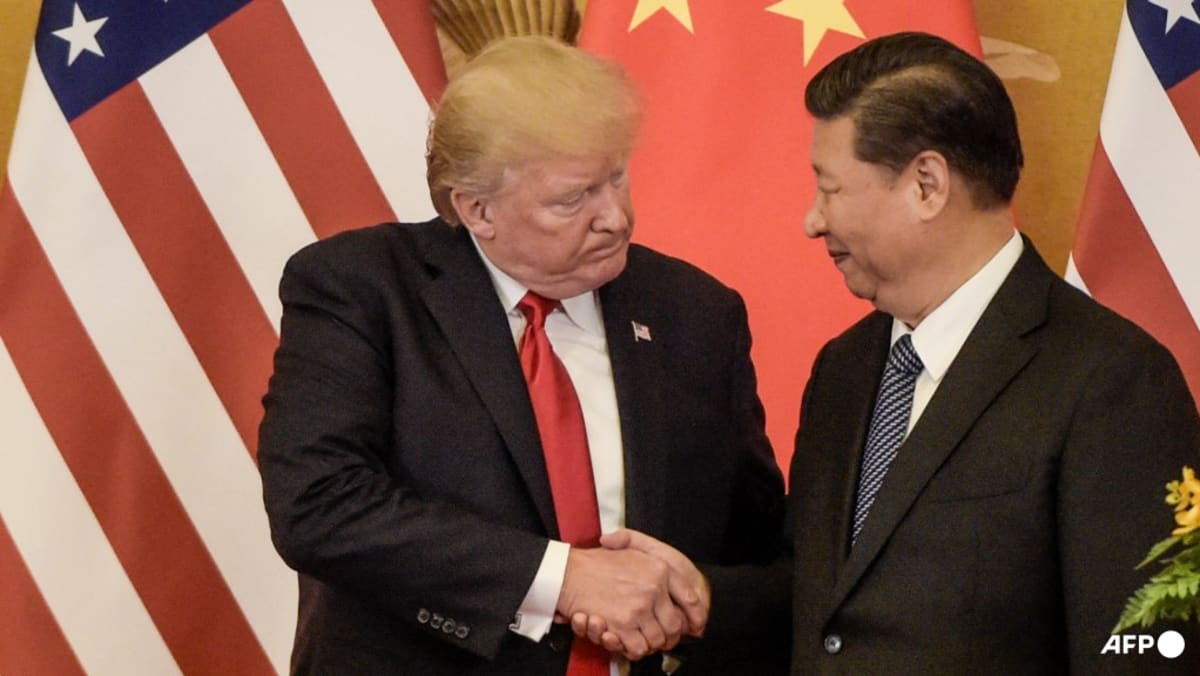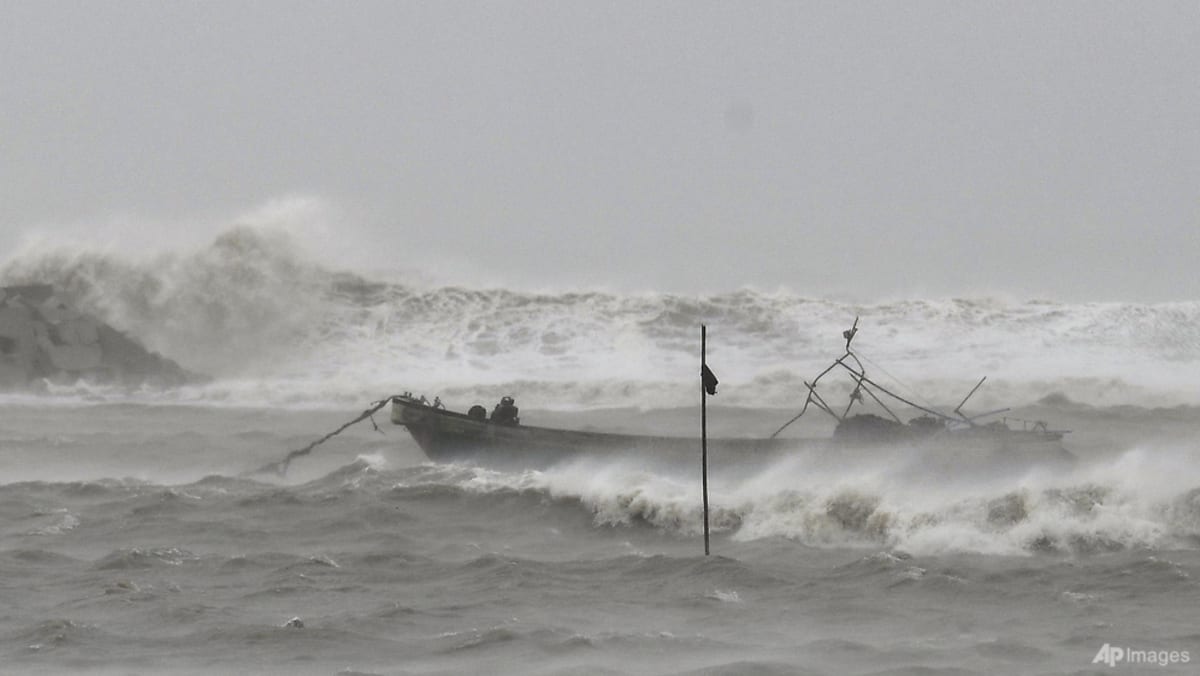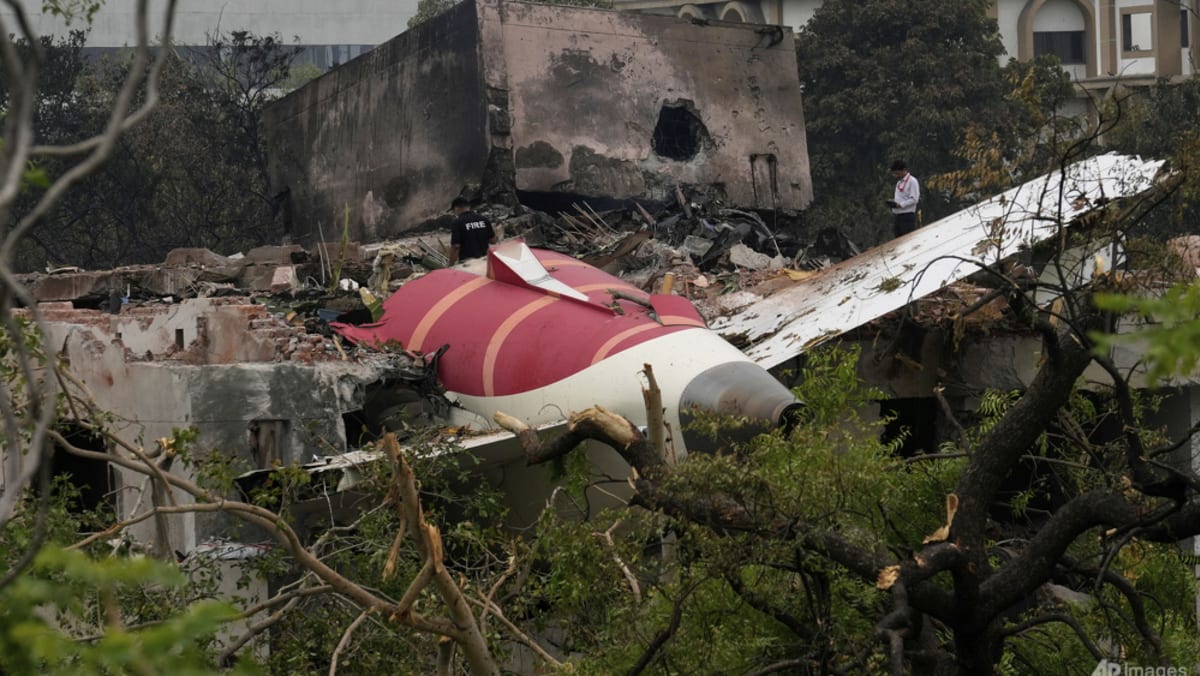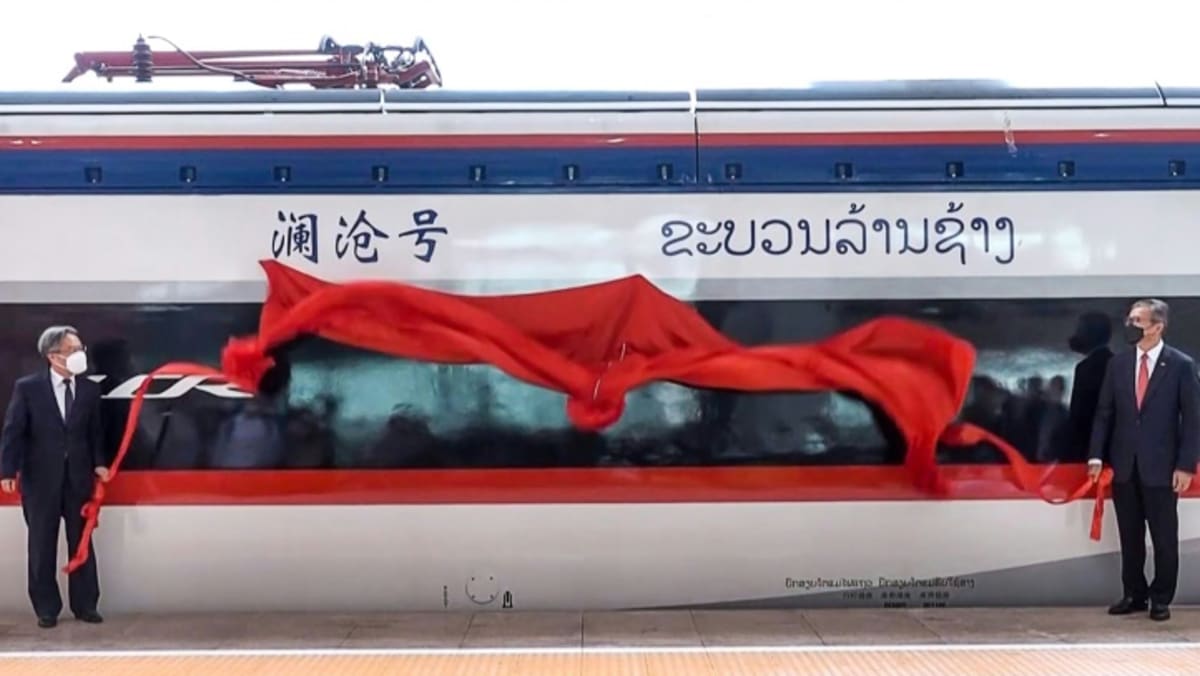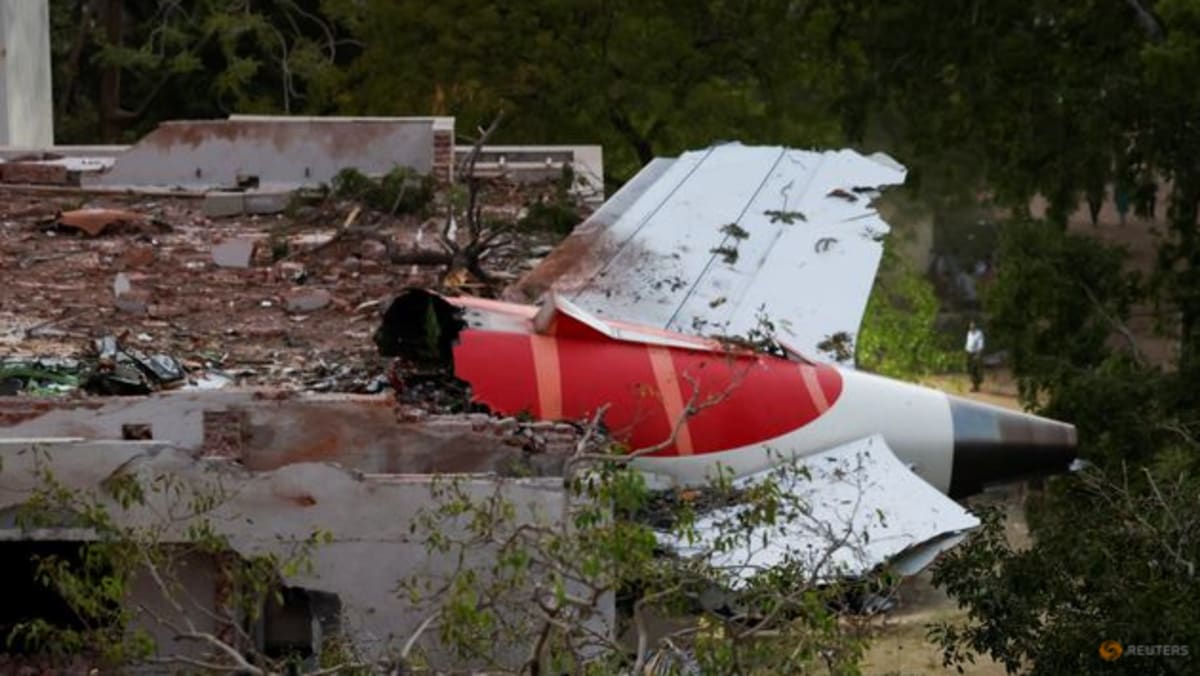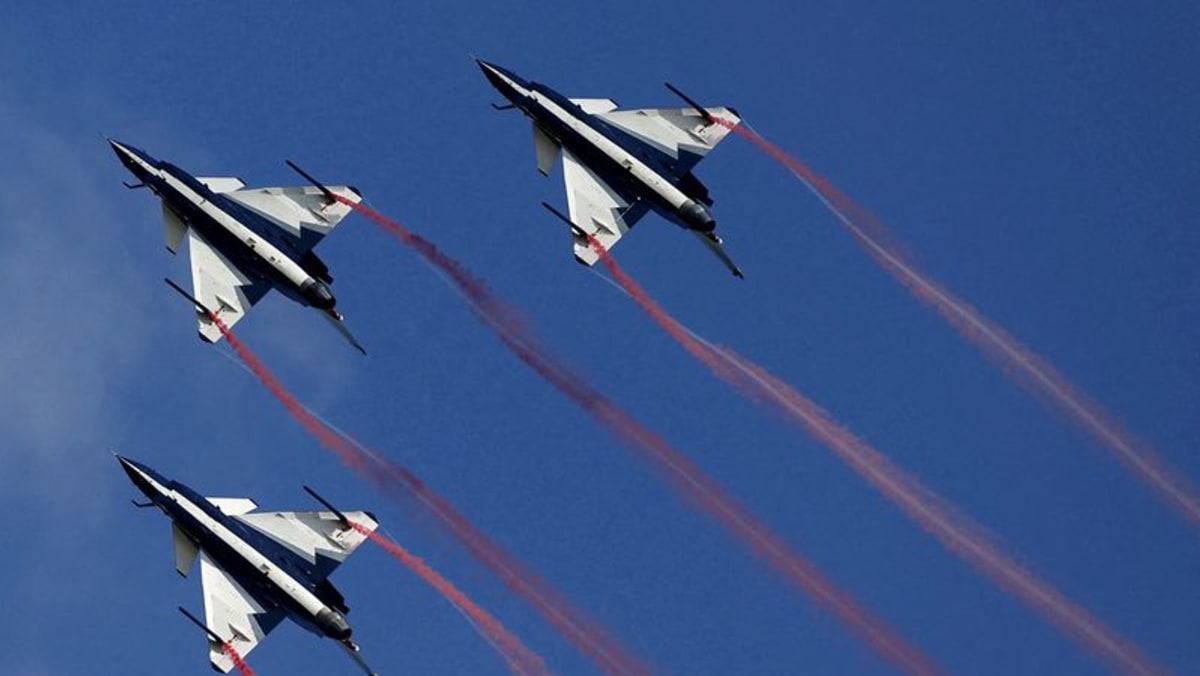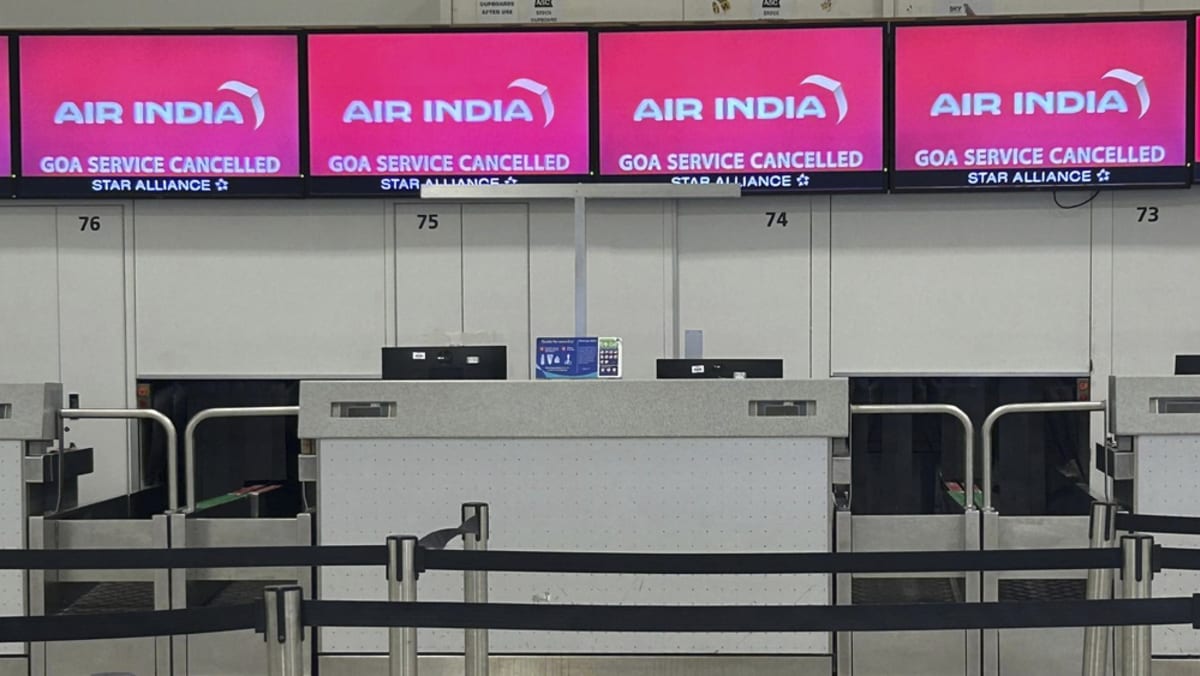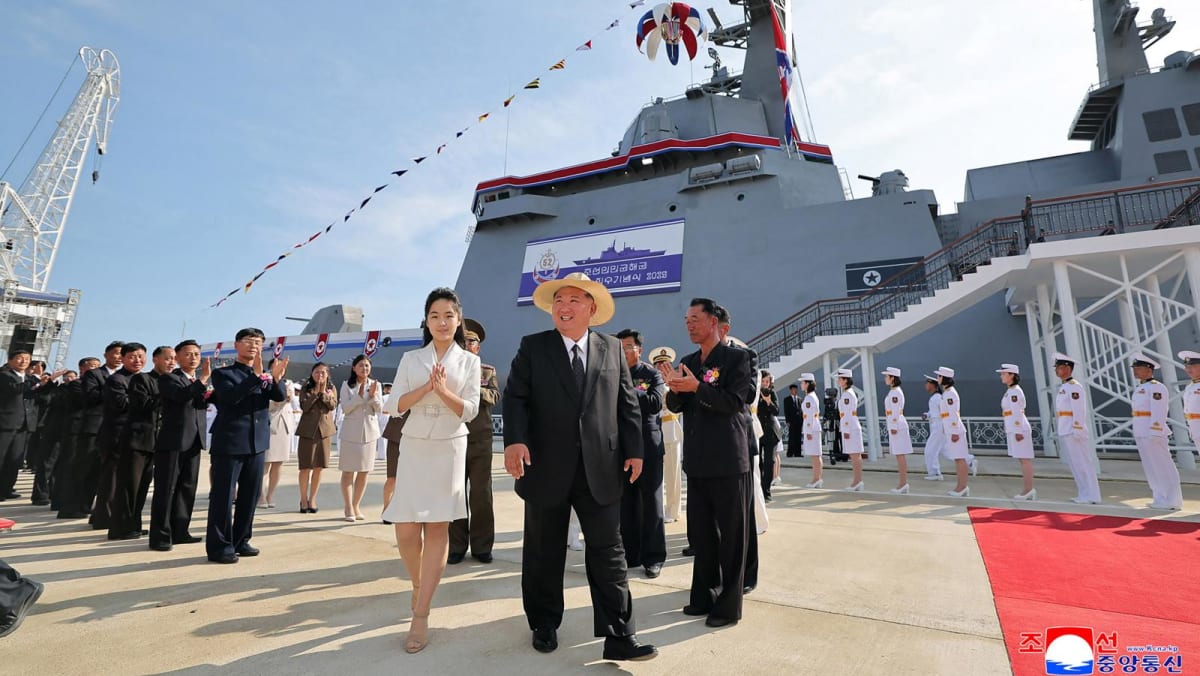WASHINGTON: President Donald Trump said on Wednesday (Jun 11) the US deal with China “is done”, with Beijing to supply magnets and rare earth minerals while the US will allow Chinese students in its colleges and universities.
“We are getting a total of 55 per cent tariffs, China is getting 10 per cent. Relationship is excellent!” Trump wrote on Truth Social without elaborating.
A White House official said the agreement allows the US to charge a 55 per cent tariff on imported Chinese goods.
This includes a 10 per cent baseline “reciprocal” tariff, a 20 per cent tariff for fentanyl trafficking and a 25 per cent tariff reflecting pre-existing tariffs. China would charge a 10 per cent tariff on US imports, the official said.
Trump said the deal is subject to final approval by him and President Xi Jinping.
“Full magnets, and any necessary rare earths, will be supplied, up front, by China. Likewise, we will provide to China what was agreed to, including Chinese students using our colleges and universities (which has always been good with me!).”
US and Chinese officials said on Tuesday they had agreed on a framework to get their trade truce back on track and remove China’s export restrictions on rare earths while offering little sign of a durable resolution to longstanding trade tensions.
At the end of two days of intense negotiations in London, US Commerce Secretary Howard Lutnick told reporters the framework deal puts “meat on the bones” of an agreement reached last month in Geneva to ease bilateral retaliatory tariffs that had reached crushing triple-digit levels.
The Geneva deal had faltered over China’s curbs on critical minerals exports, prompting the Trump administration to respond with export controls of its own preventing shipments of semiconductor design software, aircraft and other goods to China.
Trump’s shifting tariff policies have roiled global markets, sparked congestion and confusion in major ports, and cost companies tens of billions of dollars in lost sales and higher costs.
The announcement came as an international rights group said several global brands are among dozens of companies at risk of using forced labour through their Chinese supply chains because they use critical minerals or buy minerals-based products sourced from the Xinjiang region of China.
The report by the Netherlands-based Global Rights Compliance says companies including Avon, Walmart, Nescafe, Coca-Cola and paint supplier Sherwin-Williams may be linked to titanium sourced from Xinjiang, where rights groups allege the Chinese government runs coercive labour practices targeting predominantly Muslim Uyghurs and other Turkic minorities.
The report found 77 Chinese suppliers in the titanium, lithium, beryllium and magnesium industries operating in Xinjiang. It said the suppliers are at risk of participating in the Chinese government’s “labour transfer programs”, in which Uyghurs are forced to work in factories as part of a long-standing campaign of assimilation and mass detention.
Asked about the report, the Chinese Foreign Ministry said that “no one has ever been forcibly transferred in China’s Xinjiang under work programs”.
The named companies didn’t immediately comment on the report.
